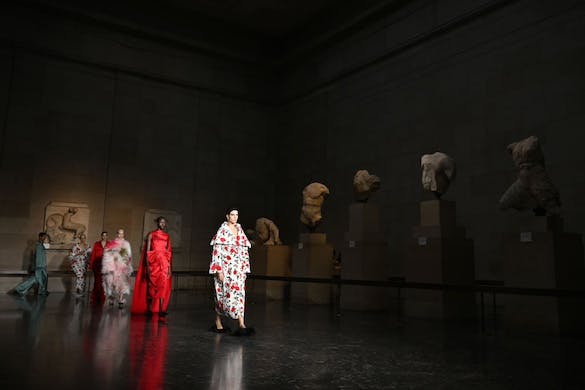
Iran Adds 7 Years to Prison Sentence for Nobel Laureate Narges Mohammadi
By SUN STAFF and ASSOCIATED PRESS
|A trifecta of cultural collisions in or about Greece this month includes a faux pas from the New York fashion guru and a typical shot of European disdain for Hollywood.

Already have a subscription? Sign in to continue reading
$0.01/day for 60 days
Cancel anytime
By continuing you agree to our Privacy Policy and Terms of Service.

By SUN STAFF and ASSOCIATED PRESS
|
By MATTHEW RICE
|
By DAVID JONES
|
By JOSEPH CURL
|
By ROSS ANDERSON
|
By ROSS ANDERSON
|
By ROSS ANDERSON
|
By ROSS ANDERSON
|